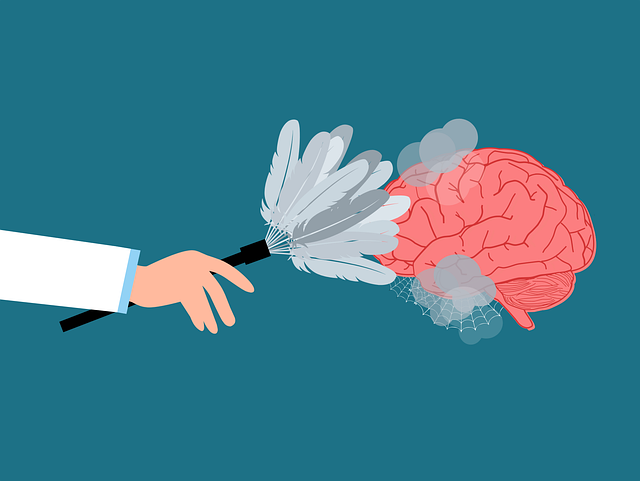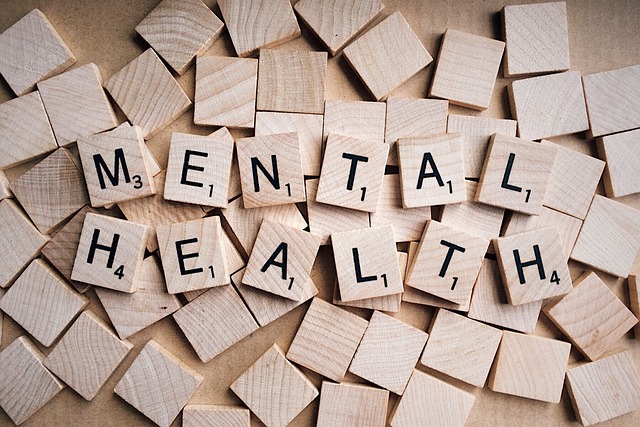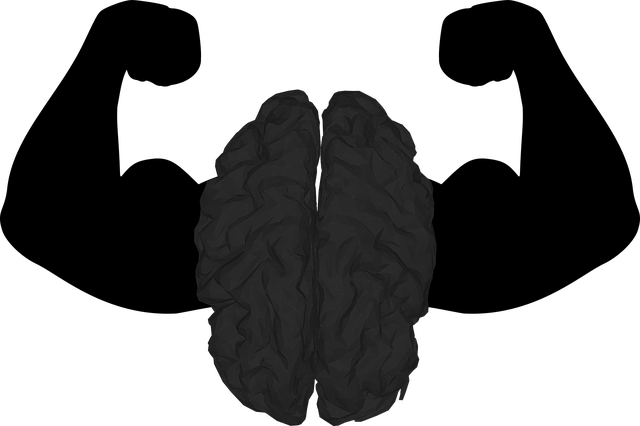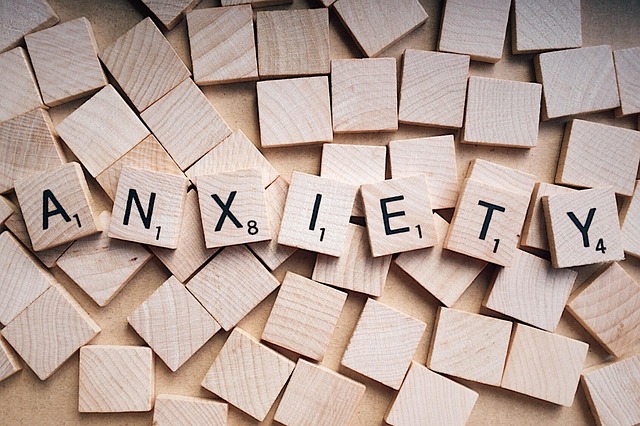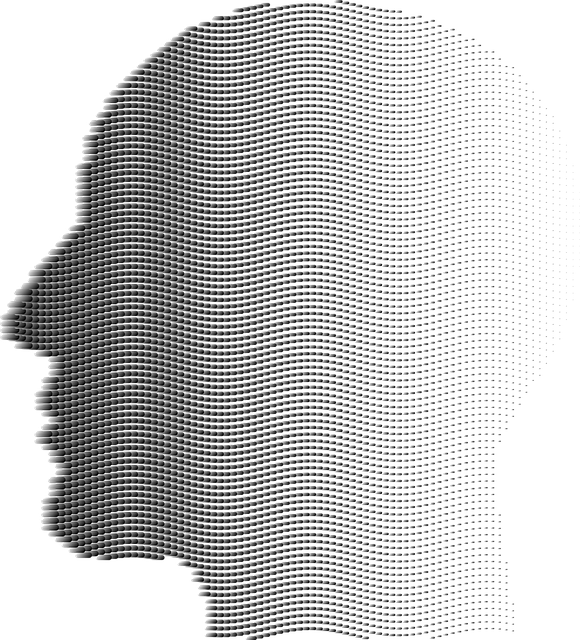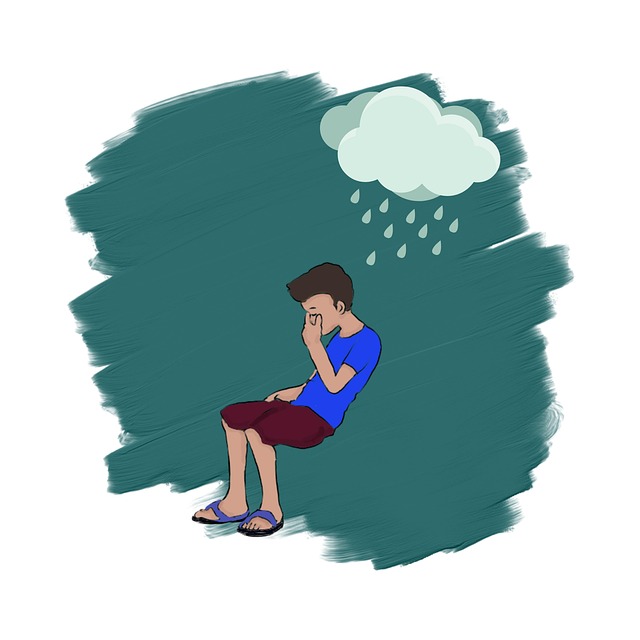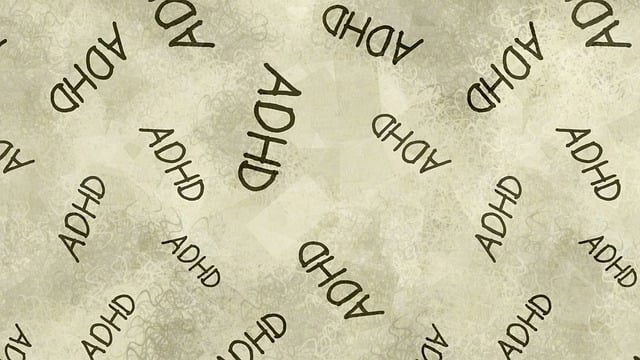Anxiety disorders, diagnosed using DSM-5 criteria, significantly impact daily life in Colorado Springs. Conduct disorder therapy focuses on trauma resolution and coping strategy development. Public awareness campaigns combat stigma, encouraging help-seeking through supportive services and mental wellness podcasts. Cognitive Behavioral Therapy (CBT), effective for anxiety and conduct disorder, empowers individuals to change thought patterns and manage triggers. Lifestyle changes, alternative therapies like yoga and mindfulness practices, and communication strategies are integral to holistic Colorado Springs conduct disorder therapy, reducing anxiety symptoms and enhancing overall well-being.
Anxiety is a common struggle, but managing it effectively can lead to a more fulfilling life. This comprehensive guide explores various techniques to combat anxiety, from understanding its symptoms and diagnosis to powerful therapeutic approaches like Cognitive Behavioral Therapy (CBT). We also delve into lifestyle changes and alternative therapies, offering practical strategies for overcoming anxiety in Colorado Springs conduct disorder therapy settings.
- Understanding Anxiety Disorders: Symptoms and Diagnosis
- Cognitive Behavioral Therapy (CBT): A Powerful Tool for Managing Anxiety
- Lifestyle Changes and Alternative Therapies for Overcoming Anxiety
Understanding Anxiety Disorders: Symptoms and Diagnosis

Anxiety disorders are a common mental health concern that significantly impacts an individual’s daily life and overall well-being. Symptoms can vary widely but often include persistent feelings of worry, fear, or anxiety that are difficult to control. These may manifest as excessive worrying, panic attacks, restlessness, irritability, insomnia, and even physical symptoms like heart palpitations or dizziness. Understanding these disorders involves recognizing their diagnostic criteria, which are outlined in the Diagnostic and Statistical Manual of Mental Disorders (DSM-5).
In Colorado Springs, conduct disorder therapy has become a crucial component in addressing anxiety-related issues. This therapeutic approach focuses on identifying underlying causes, such as trauma or past experiences, that may contribute to anxiety disorders. Through specialized treatment plans tailored to individual needs, professionals aim to enhance coping mechanisms and promote mental wellness. Additionally, public awareness campaigns and trauma support services play a vital role in reducing the stigma associated with anxiety, encouraging individuals to seek help, and fostering a supportive community for those dealing with these challenges, often supplemented by engaging mental wellness podcast series production initiatives.
Cognitive Behavioral Therapy (CBT): A Powerful Tool for Managing Anxiety

Cognitive Behavioral Therapy (CBT) is a powerful tool for managing anxiety and has been recognized as an effective treatment for various mental health conditions, including conduct disorder. This therapy focuses on identifying and changing negative thought patterns and behaviors that contribute to anxiety. By challenging unhelpful thoughts and replacing them with more positive and realistic ones, CBT helps individuals gain control over their emotions and reactions.
In the context of Colorado Springs conduct disorder therapy, CBT is often tailored to address specific behavioral issues while teaching valuable coping strategies. Through mental health education programs designed to empower patients with knowledge about anxiety and its triggers, CBT encourages positive thinking and self-management. Additionally, creating engaging mental wellness podcast series production can offer accessible resources for those seeking support outside of traditional therapy settings.
Lifestyle Changes and Alternative Therapies for Overcoming Anxiety

In addressing anxiety, lifestyle changes and alternative therapies emerge as powerful tools alongside traditional Colorado Springs conduct disorder therapy. Incorporating regular physical activity, a balanced diet, and sufficient sleep can significantly mitigate anxiety symptoms by promoting overall well-being. Mindfulness practices, such as meditation and deep breathing exercises, have been shown to enhance inner strength development and reduce stress levels.
Additionally, alternative therapies like yoga, acupuncture, and art therapy offer unique avenues for expression and healing. Effective communication strategies, a key aspect of the Risk Assessment for Mental Health Professionals, facilitate open dialogue and support networks, fostering an environment conducive to overcoming anxiety. By integrating these diverse approaches, individuals can embark on a holistic journey towards better mental health, even beyond the confines of conventional conduct disorder therapy in Colorado Springs.
Anxiety disorders are treatable, and with the right approach, individuals can effectively manage their symptoms. This article has explored various techniques, from understanding the fundamentals of anxiety disorders and their diagnosis to evidence-based therapies like Cognitive Behavioral Therapy (CBT) and lifestyle modifications. Integrating alternative therapies and making conscious lifestyle choices can significantly contribute to anxiety relief. For personalized support, considering Colorado Springs conduct disorder therapy or similar specialized services can be a transformative step towards a calmer and more balanced life. Remember, taking control of your mental health is a powerful first step.

